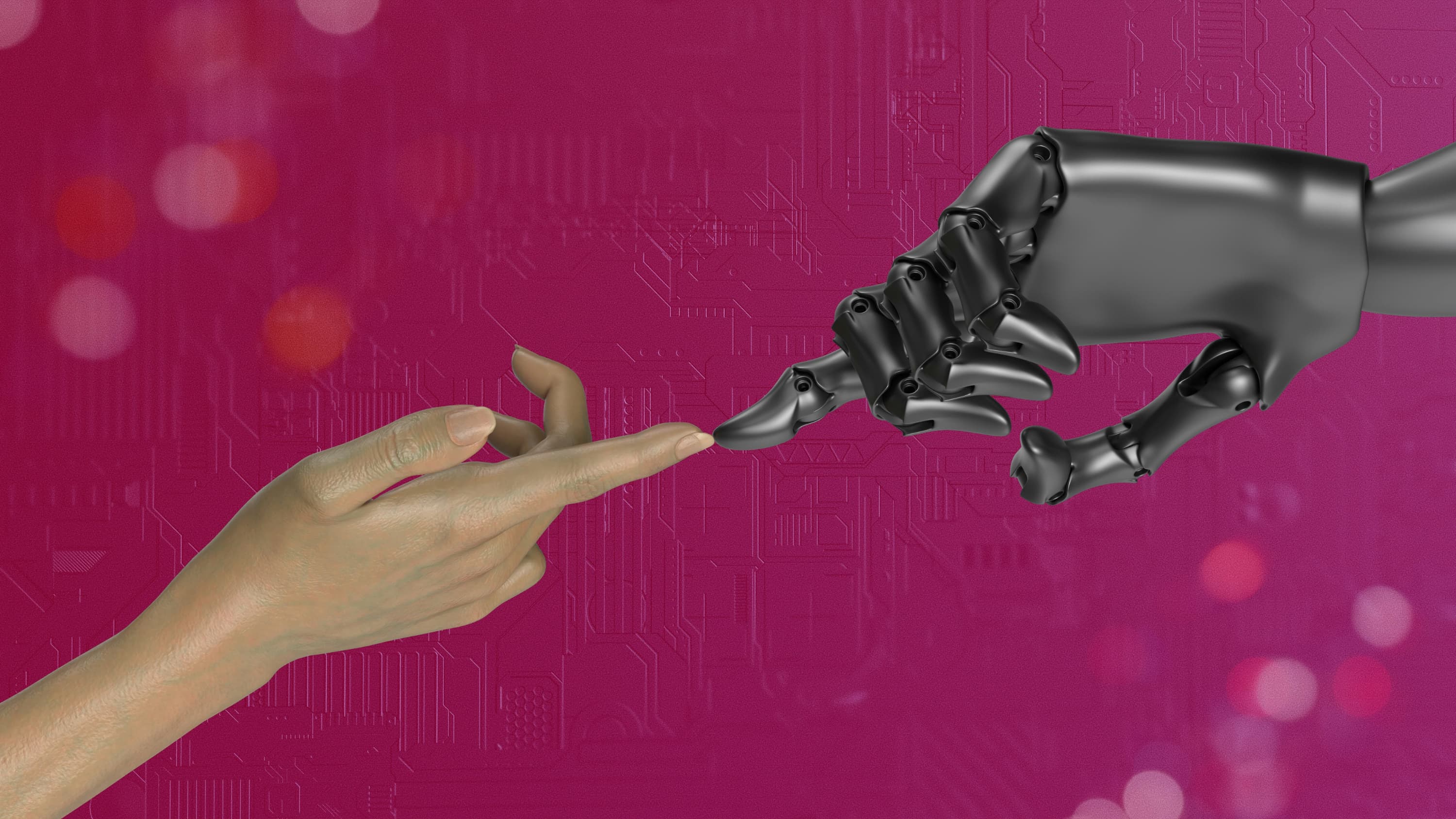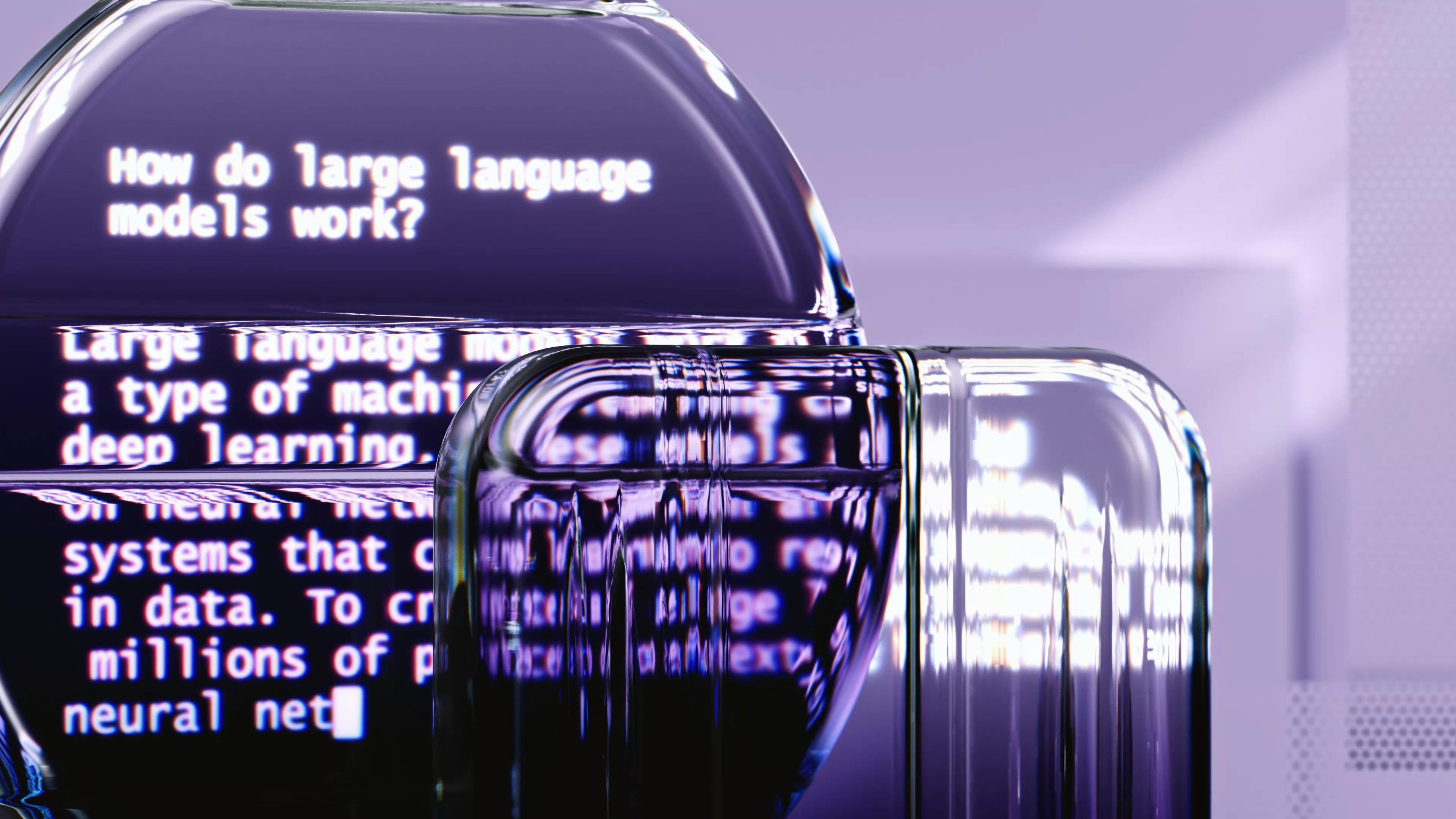What is AI? A Simple Explanation of Artificial Intelligence

Artificial intelligence (AI) refers to systems or machines that mimic human intelligence. They are designed to perform tasks independently, such as problem-solving, learning from data, and logical reasoning. AI encompasses a wide range of technologies and applications, from chatbots and virtual assistants to self-driving cars and advanced image recognition.
Different Types of AI
Artificial intelligence is typically divided into three main categories:
Narrow AI
This is the most common form of artificial intelligence, designed to perform specific tasks, such as facial recognition or providing recommendations on social media. Narrow AI cannot perform tasks outside its programmed purpose.
General AI
This hypothetical form of AI would fully replicate human intelligence, including creativity and social skills. While much research is being conducted, general AI is not yet available.
Superintelligent Systems
These systems would far surpass human intelligence and solve complex problems in ways we cannot yet imagine. This type of AI remains theoretical.
How Does AI Work?
AI systems use algorithms to analyze vast amounts of data and recognize patterns. The process is often powered by machine learning and deep learning.
- Machine learning: Computers learn to recognize patterns in data and make decisions independently.
- Deep learning: A more advanced form of machine learning, where neural networks process data, inspired by the human brain.
For example, self-driving cars use AI to recognize traffic situations and make real-time decisions. Virtual assistants like Siri and Google Assistant interpret natural language to perform tasks and provide answers.
Applications of Artificial Intelligence
AI has a significant impact on various sectors. Here are some examples:
- Healthcare: Improving diagnoses by analyzing medical imaging.
- E-commerce: Providing personalized recommendations to users.
- Transportation: Making travel safer and more efficient with self-driving cars.
- Social Media: Algorithms determine the content you see and manage online interactions.
- Chatbots: Automated customer service that answers simple questions.
Benefits and Challenges
Artificial intelligence offers many benefits but also presents challenges.
Benefits
- Automating repetitive tasks.
- Improving decision-making by analyzing large amounts of data.
- Personalized recommendations for users.
Challenges
- Privacy concerns: AI systems can collect personal data.
- Ethical issues: For example, bias in algorithms.
- Safety risks: Poorly designed AI can have unintended consequences.
The Future of AI
With the rise of generative AI, such as ChatGPT and image generation, a new phase is beginning. These technologies are changing how we communicate, create, and work. The European Union is introducing strict guidelines to keep AI ethical and safe.
AI is transforming our world in many ways. By using this technology consciously, we can reap the benefits while addressing the challenges. AI continues to evolve rapidly and promises to shape our future.
Frequently asked questions
A quick way to explore how everything works and what to expect.
Artificial intelligence is technology that mimics human intelligence to perform tasks independently, such as learning and logical reasoning.
Narrow AI (specific tasks), general AI (human-level intelligence), and superintelligent systems (beyond human intelligence).
Machine learning uses algorithms to recognize patterns and make decisions based on data without explicit programming.
AI is used in healthcare, transportation, social media, e-commerce, and more.
Bias in algorithms, privacy concerns, and the impact on employment are major issues.

 Netherlands
Netherlands Belgium
Belgium Denmark
Denmark Germany
Germany France
France Switzerland
Switzerland Austria
Austria UK
UK Spain
Spain Italy
Italy

